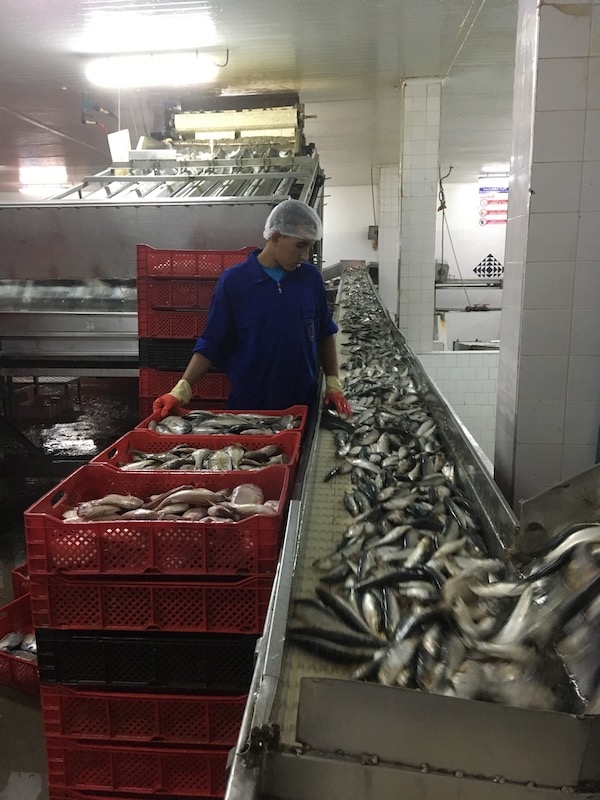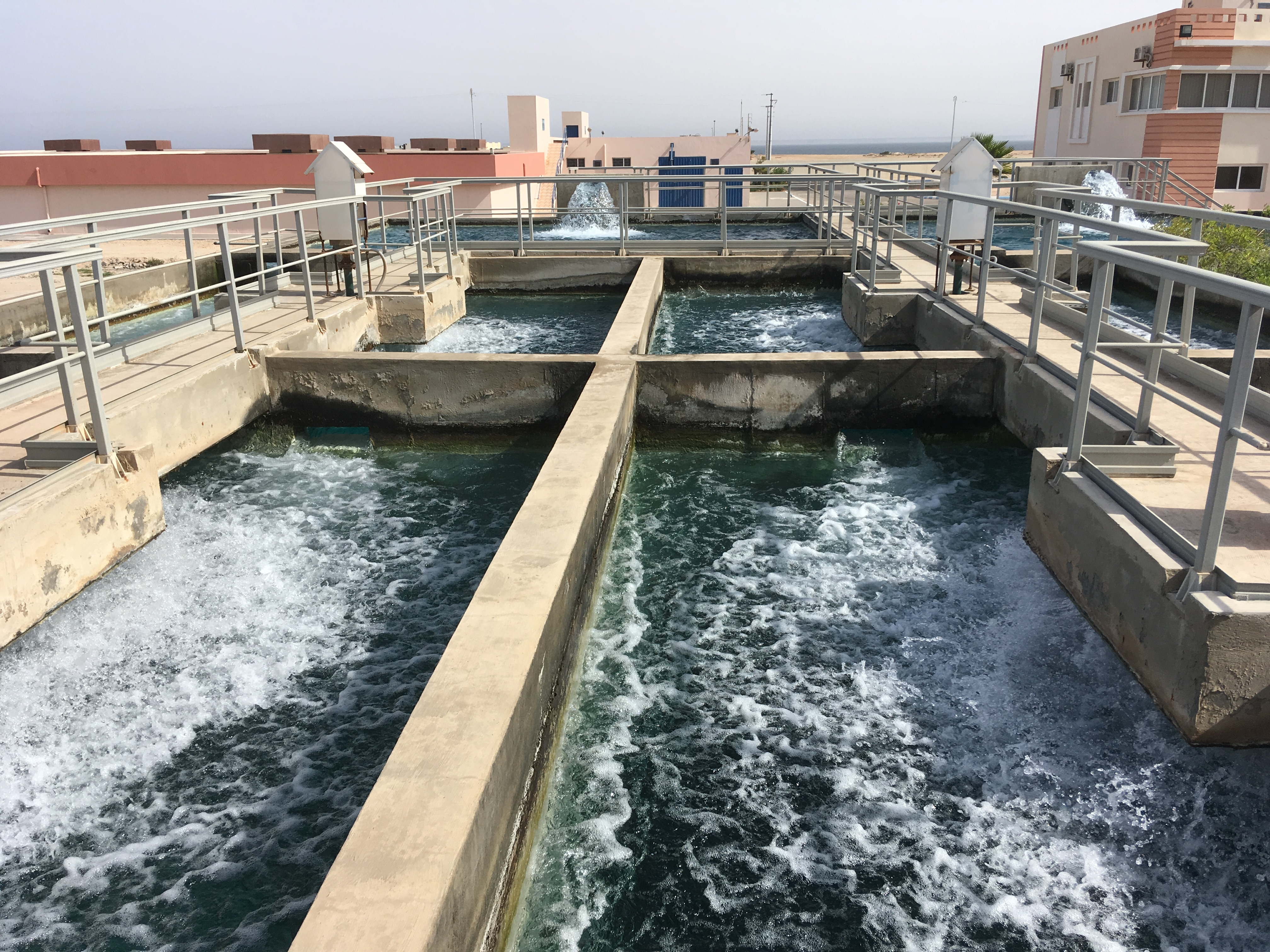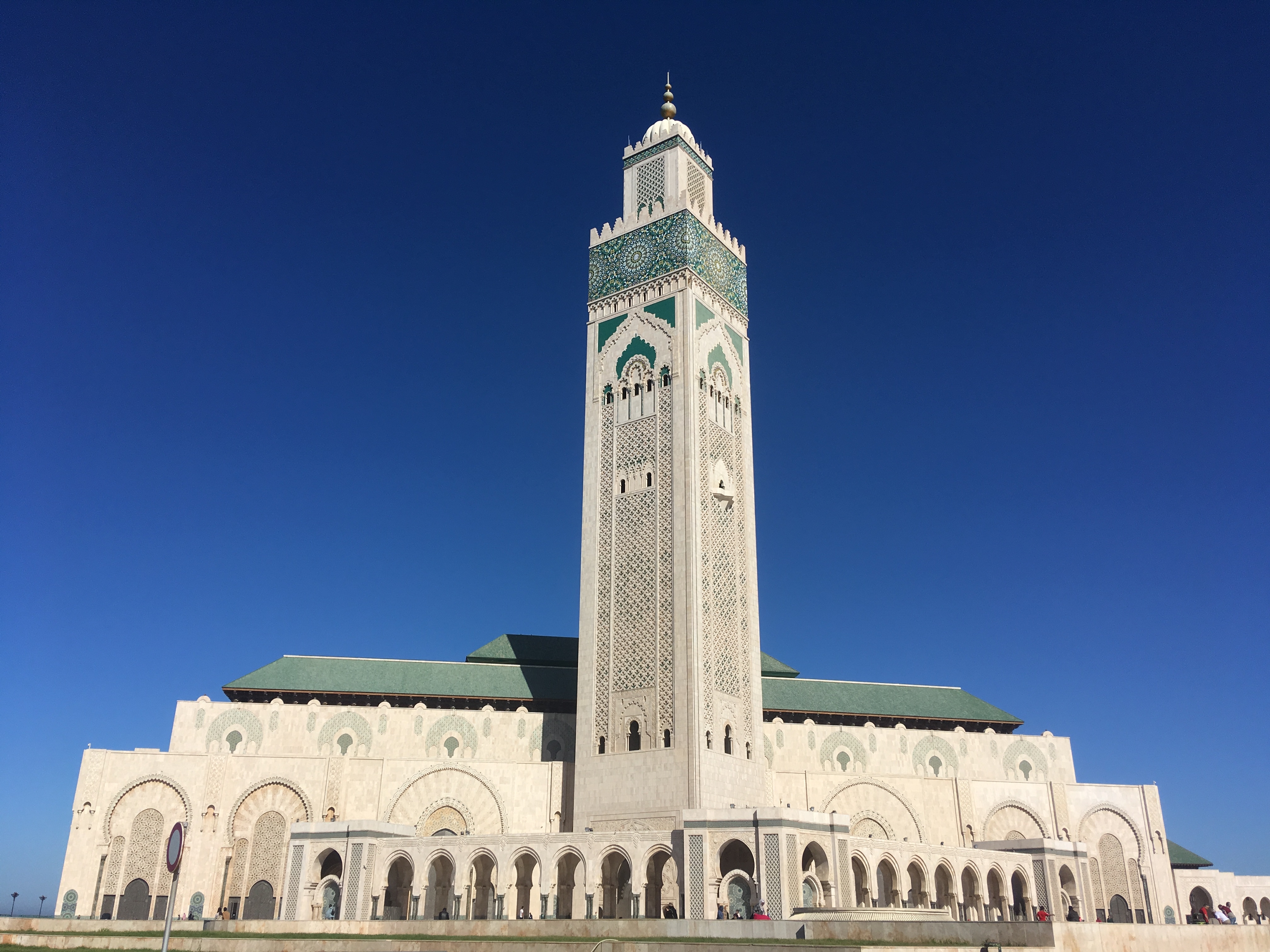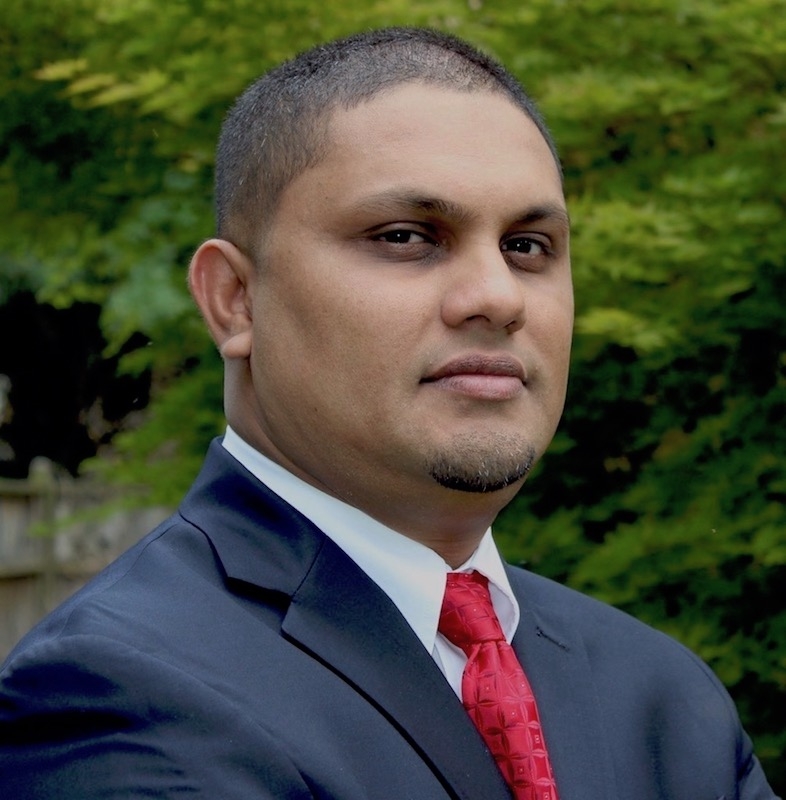Understanding global issues is more important than ever

By Alec Masella
Global sustainability challenges affect all people on the planet, even if differently and depending on the circumstances of their birth, and it is up to people to address pervasive issues like climate change, poverty, hunger, equitable economic development, and more. Sustainability professionals are on the forefront of that effort. To succeed, they need to understand the complexity, interconnectedness, and depth of the issues in front of them.
Every Virginia Tech Master of Natural Resources student participates in a ten-day Global Study experience—a required part of our degree in both programs—to engage with real-world global sustainability challenges. Even though, for the time being, we are waiving the Global Study requirement and are offering students alternatives to fulfilling their plans of study, applying theory in a global context is an integral part of the student experience. We are planning on resuming Global Study trips as soon as it is safe to do so.
To zero in on what different regions throughout the world are experiencing, instructors like Dr. Omchand Mahdu help students acquire the cultural and technical skill sets they need to successfully immerse themselves in these regions. “Being an alum of this program,” Omchand explains, “I had the opportunity to go with a group to Western Sahara. There we learned about sustainability issues unique to that part of Africa: beachfront erosion, water depletion, things like that. It’s different when you’re actually there, experiencing what the locals experience. Some upcoming trips will include Croatia, Barcelona, Morocco, and Argentina. There’s such a wide range of environmental stages, so students will have very enriching experiences.”

Students build expertise in core topics such as socio-ecological systems; international agreements; and even the functions of specific organizations, such as the World Bank. The second half of the course focuses on country-specific sustainability issues. Some topics during this part will include dress code, language, time management, and effects of ecotourism.
“Among the course material, another important takeaway from Global Issues and Environmental Sustainability is communication,” Omchand says. “Without the communication aspect, the material would not be put to use. The ability to communicate globally impactful issues and decision-making to a wide audience, especially in the context of hot button terms like ‘climate change,’ is crucial because it makes people care. Each group tends to be very eclectic, so students build solid skills in cross-discipline communication and stakeholder analysis.”
Building these skills takes many forms, such as classroom discussion, article critiques, videos, and personal reflections. Students use their reflection papers to unpack what they have learned during their Global Study and explore how they could transform theory into action to address issues unique to the area they visited.

Omchand explains, “All topics are time-sensitive. Looking back to when I took the course, not that long ago, the subjects are now vastly different. That’s how quickly this field changes. The discussions are driven by things like climate change and current geopolitical issues. In terms of materials, everything will have to be very current, so no two classes will be the same. For example, this coming session, I want to help students to understand the U.N. systems and the role they play in the global environmental arena. There will be a focus on understanding which institutions do what.”
Beyond the technical knowledge, Omchand is adamant that students leave his course with a grasp on cultural competencies as well. These include not only knowing how to navigate a different country, but also how to form tight connections across the many fields that play a role in the fight for global sustainability.

“I definitely keep in contact with the people from my Global Issues course,” he says. “I now even work closely with one of my program colleagues, and am well-connected with others online. You really do build a bond with fellow students. This is a very important part of the program. It’s important that we build the cohesion throughout this course so that it helps students form bonds during group work, as well as later into their careers and many sustainability initiatives.”

Dr. Omchand Mahdu is an international development practitioner with extensive experience in Iraq, Afghanistan, Yemen, Tunisia, and other parts of Africa. He currently conducts in-country program compliance reviews and pre-award surveys in support of USAID Office of Food for Peace. He holds a Ph.D. in Planning, Governance, and Globalization, a Master of Natural Resources (MNR), and an M.S. in Agricultural and Applied Economics from Virginia Tech; and an M.S. in Industrial Technology (Quality Management), and an MBA in Finance from Morehead State University. He also holds several professional certificates, including Project Management Professional (PMP), and is a Certified Public Accountant (CPA) licensed in the Commonwealth of Virginia. He is currently a member of the Virginia Agriculture Leaders Obtaining Results (VALOR) fourth cohort.


